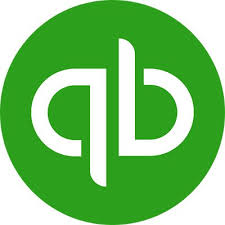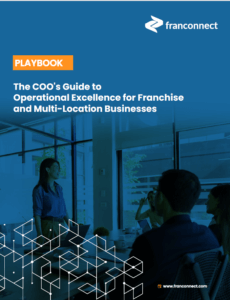If you’re already franchising your business, you probably – hopefully – know what a chart of accounts is.
“Chart of Accounts (COA) – a financial organizational tool that provides a complete listing of every account in an accounting system. An account is a unique record for each type of asset, liability, equity, revenue, and expense.” Each account is then broken down into subcategories.
A COA is important for any business because by separating expenditures, revenue, assets, and liabilities, viewers can quickly get a sense of a company’s financial health. The larger your business, the larger and more complex your COA will be.
Franchise financial reporting is no joke. As a franchisor, you have an extra layer of complexity. Instead of dealing with one chart of accounts, you have a corporate – or standard – chart of accounts, plus the chart of accounts from each franchisee.
Now some of you may be thinking, “I don’t have a standard chart of accounts” or “I don’t need a standard chart of accounts.” Or those of you that do have one, you may not collect franchisee financial statements. As this article in Franchising World states, “Collecting financials in the franchising sector is by no means a common practice. In fact, it’s rarely done at all and is rarely done correctly.” Reasons include some franchisors think all they need is sales reports; franchisees just won’t send them in; and it’s too much work to compile hundreds of profit and loss statements into an Excel file. Understandable.
But it is important. It’s important that franchisors have a standard chart of accounts, and it’s important for franchisees to share financial data with you. Here’s why.
Franchisors Need a Standard Chart of Accounts
If you don’t have a standard chart of accounts, there’s no time like the present to make one and put it to use. A standard chart of accounts keeps you informed on positive and negative trends so you can make changes based on data, not gut feelings.

Let’s assume for a moment that your franchisees are contractually obligated or at least willing to share their financial data (more on this shortly). In this scenario, a standard chart of accounts has two major benefits:
- It allows you to make true apples-to-apples comparisons between individual units, regions, level of maturity, or any other way you want to slice the pie.
- It helps franchisees benchmark themselves against other franchisees, which serves as a good source of motivation.
Having a standard chart of accounts that franchisees can map their own chart of accounts to shows you the highest-performing units. With this information, you can create benchmarks and share these benchmarks with unit owners to show them what they are doing well and where they can improve. With a good business intelligence tool, you can also take this information several steps further and discover trends of your most successful franchisees to share with at-risk owners.
Keep in mind this doesn’t mean to simply ask for revenue information. Revenue information is important for collecting your franchise tax, but you need to care about your bottom line (net profits). This number is important for each individual unit as well as for the company as a whole – this is what drives true success. What if you find that your franchisees aren’t spending any money on marketing? You could then offer proven marketing advice and tactics, which may increase revenue. Or what if you find a unit owner is spending too much on operations, which when reduced, could increase net profitability? This will result in a stronger, more successful franchise unit, and a stronger, more successful franchise system. Financials is a sticky but important part of franchisee engagement. Don’t let it be a missed opportunity.
Explain the Importance of Sharing Financial Data to Franchisees
Now you know why a standard chart of accounts is important. But to be honest, it doesn’t do much good without franchisee financial statements. And unfortunately, many franchisors cannot contractually ask for profit and loss statements.
The thing is, however, if you explain why sharing financial information with corporate actually benefits each franchisee, they may be willing to share it anyway. Especially if you provide a tool that makes it incredibly easy for franchisees to provide that information and for you, the franchisor, to collect and make sense of the information.

Explain to unit owners that by providing financial data, you can help them pinpoint areas of improvement. Franchisees want to succeed, so gathering data to help them improve makes sense to them. You can also provide a ranking of units by revenue, profitability, sales, and so forth. This may motivate those lower on the list, and inspire and acknowledge success for those at the top.
Remember, not all your owners have a business background. Don’t expect owners to know how to provide this information. Offer a course or bring in an outside expert to talk about P&L statements and maintaining good books. Show them how something like QuickBooks Online makes it easy and intuitive. Share your standard chart of accounts, and demonstrate with real examples of how providing financial information benefits each owner in the end.
 FranConnect partnered with Intuit to create the most comprehensive franchise accounting software on the market. Watch a demo to learn more.
FranConnect partnered with Intuit to create the most comprehensive franchise accounting software on the market. Watch a demo to learn more.





 Ian Walsh
Ian Walsh








